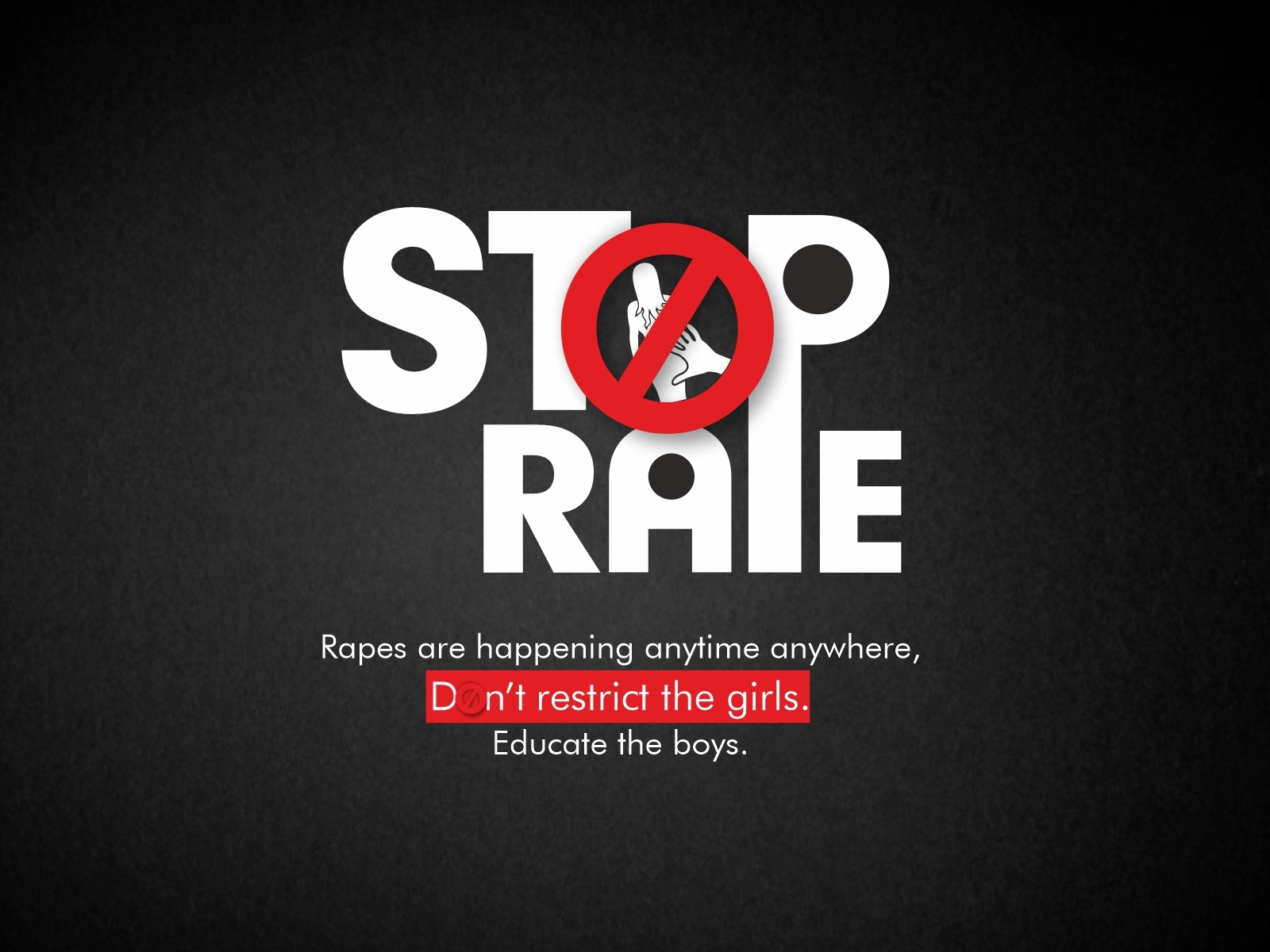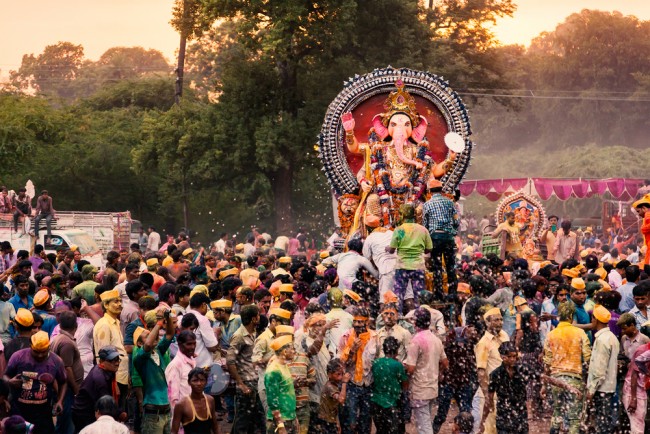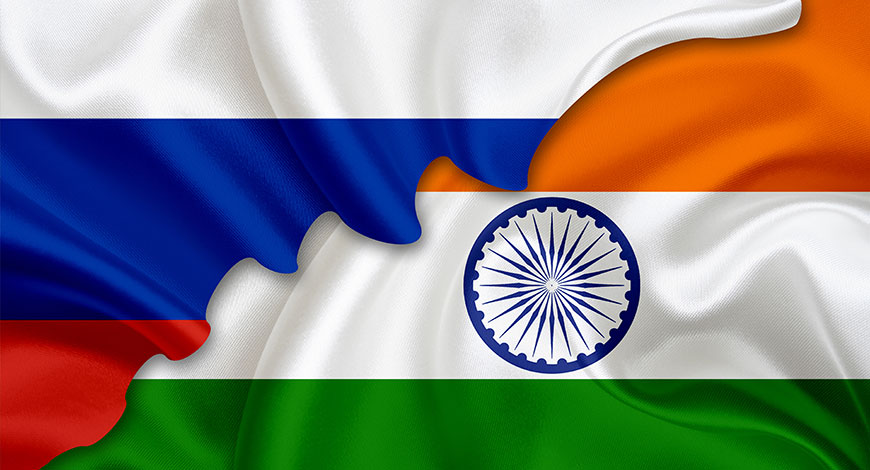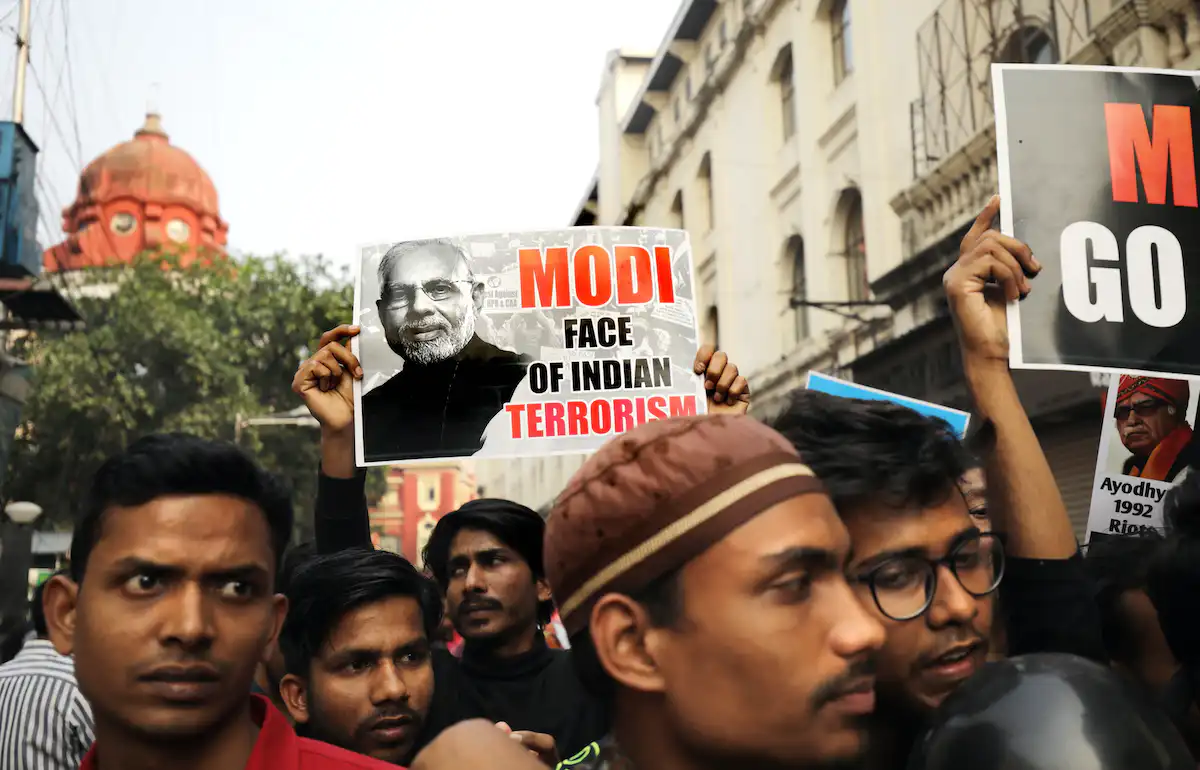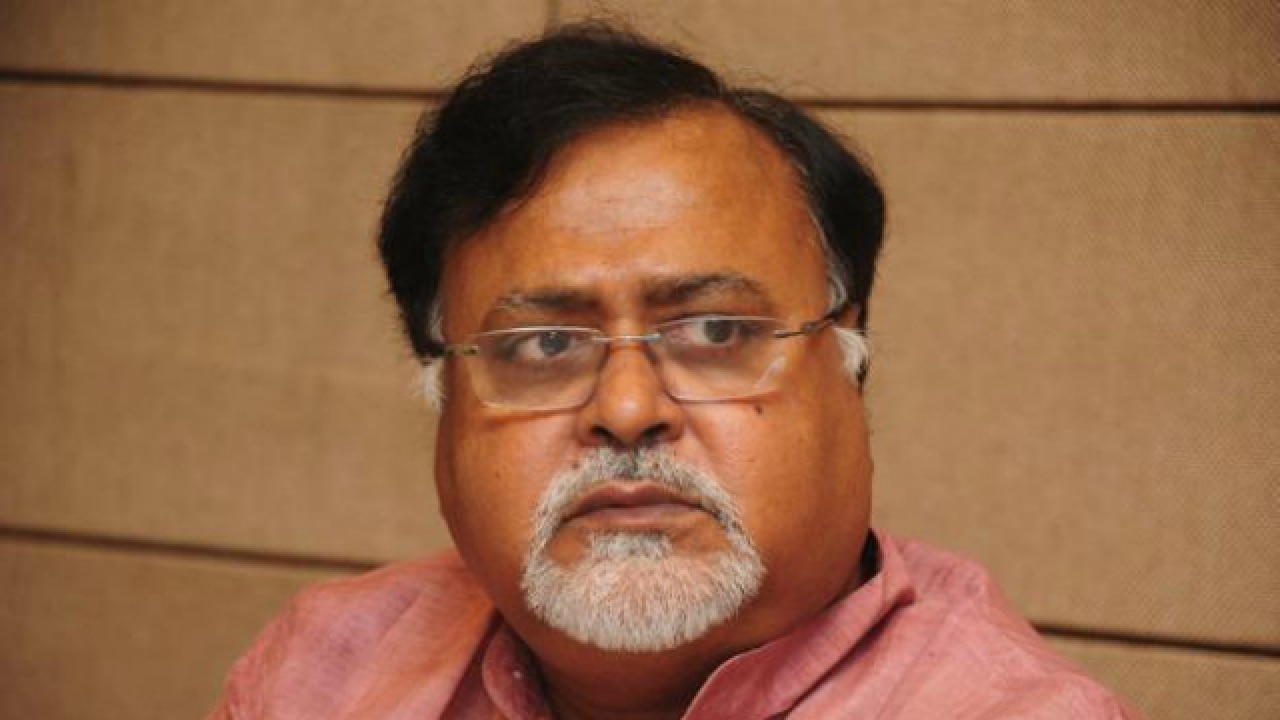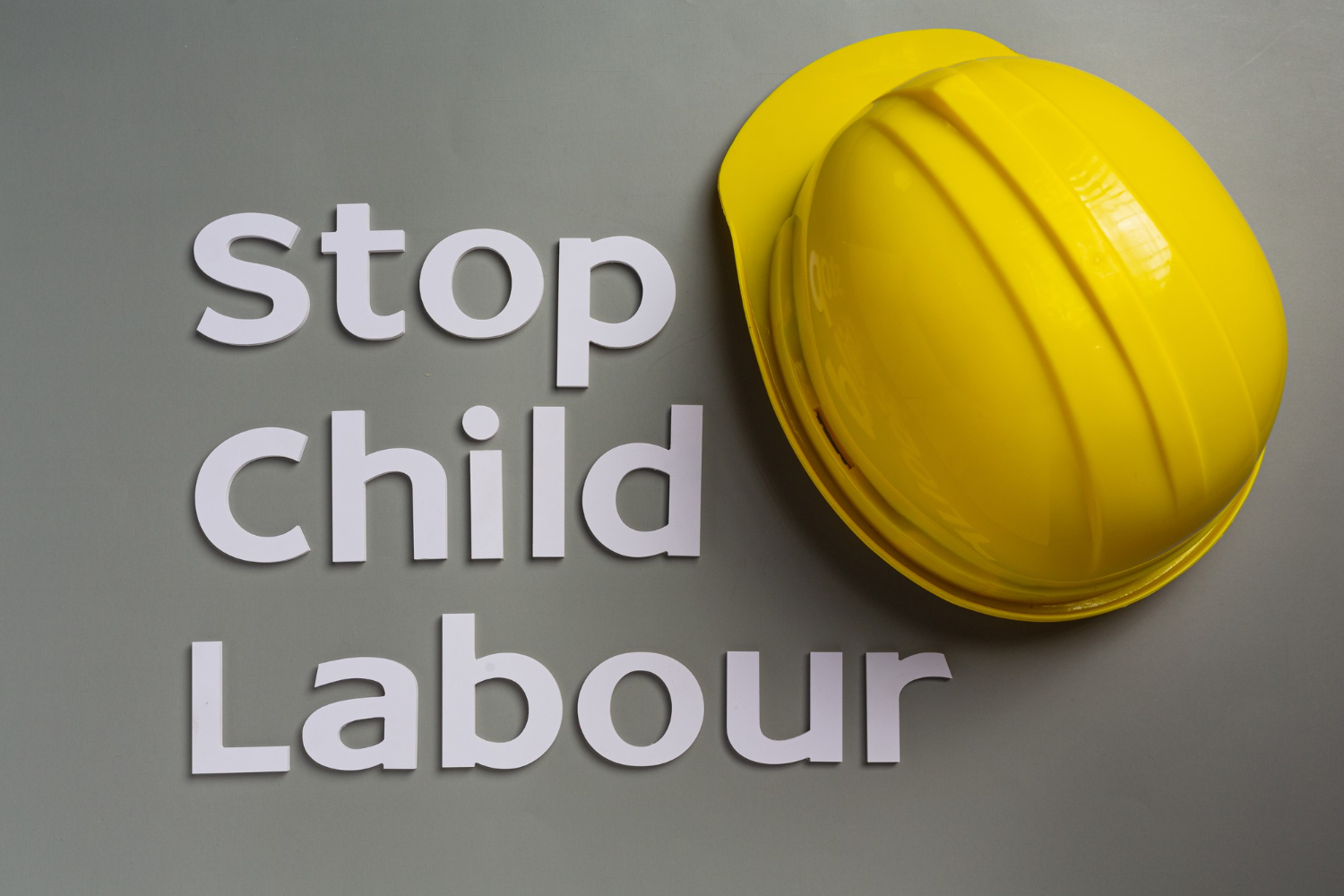Young ladies using cell phones “(they) make plans to run away, make plans to meet, make plans to go and get raped.” In a loud and obvious manner, claimed Ashok Vats, speaking for the BJP.
“Make plans to go and get raped.” I watched the video clip multiple times because I couldn’t believe somebody would even have the audacity to say such things on national television during a conversation about sexual assaults against two teenagers, one of whom was only 15 and the other 17. However, I was accurate in what I heard. He did say something so offensive. His assertion is not an outlier; BJP politicians frequently refer to sexual assault victims in this manner. A BJP leader named Rajeev Srivastava had said, “She was Awaara” (wayward) and the accused, all upper caste men belonging to the same community as the Chief Minister, were “innocent” after the brutal gangrape and murder of a young woman in Hathras. At the time, the UP police had also refused to file a rape case until the High Court got involved. He received a warning from the National Commission on Women for making an inflammatory statement, but no further action was taken. Recently, BJP MLA Renukacharya in Karnataka claimed that women should dress modestly since “certain dresses worn by women excite men.”
In other words, the atrocities perpetrated against women are their fault. The fact that guys with such depraved ideas hold significant positions in the party that controls India makes one utterly ill. But due to the sexist, abusive, and insulting language used against women by political leaders in high-profile positions in India today, even when it involves minors, as in the case of Lakhimpur Kheri, the party leadership is powerless to take any action against them; instead, they are defended and protected.
The young Dalit girls lived in a rural area of their village with a landless family. A team from various women’s organisations, notably AIDWA (All India Democratic Women’s Association), visited the family to gather information. The girl’s mother claimed they were kidnapped, while the police claimed they left voluntarily. The daughters were the subject of police accusations, but the family resisted. How does riding somewhere with two people on a motorcycle constitute permission for the subsequent sexual violence, even if the police account is accurate? In any event, the law states that there is no question of “consent” for minors. The girl’s family informed the delegation that the cops were ineffective. How unjust it must be for a family to struggle only to register an FIR with the correct legal provisions after being startled and traumatized by such a heinous act against their daughters. This reflects the situation in Uttar Pradesh, where crimes against women and Dalits, in particular, have escalated while, on the other hand, only a third of reported crimes result in convictions. Even worse, some cases dragged on for years.
According to the NRCB’s most recent data, Uttar Pradesh tops the list for both the number of crimes against Dalits and women, with 56,093 incidents filed. UP is responsible for 26% of all crimes committed against Dalits in the nation, followed by Rajasthan (14.7%) and Madhya Pradesh (14.1%). There were 218 gang rape and murder instances, and UP again topped the chart in this area with 48 such crimes in a single year.
Thus, it is true to say that women, especially Dalit women, do not feel safe in the state of Uttar Pradesh. In reaction, some members of the government and the ruling party are making a risky attempt to racially stigmatise the case because the defendants are Muslims. To refer to the accused’s affiliation with a particular religion, Deputy Chief Minister Brajesh Pathak made a point of reciting all of their names. Junaid, Sohail, Hafizul, Karimuddin, and Arif were involved in the incident. “Girls were strangled to death and then hanged,” he said, “The government will take such action that the souls of their coming generations will also shiver.” Mr. Brajesh Pathak should be aware that those who commit crimes against women today while his party is in power, knowing that less than one-third of cases result in a conviction, should have their souls shaken, not the souls of future generations. In addition, he should be aware that, as deputy chief minister, India is governed by a constitution that stipulates that, criminals, rapists, gang rapists, child killers, and murderers—whether their names are Junaid, Sohail, Hafizul, Karimuddin, and Arif, or whether they are Sandeep, Ramu, Lavkush, Ravi, or the defendants in the Hathras case, who have since been granted remission— Treating one group of criminals differently from the other based on religion or caste identification is the gravest injustice to women’s rights to a secure and safe environment.
Eight years of a government’s rule is sufficient time to determine our direction as a country and a people. Since the Modi Government came to power in 2014, we have witnessed the propagation of an ideology that is, at its core, misogynistic, caste discriminatory, and communal, as evidenced by the comments and speeches of the aforementioned nature. When this is implemented into laws and practices, we see the kind of injustice it can produce, as in the Hathras case, where upper castes mobilized against the Dalit family of the 19-year-old victim, or the Bilkis case, where the worst crimes were punished less harshly due to the convicts’ caste and religion.
The most severe penalties should be meted out to those responsible for the rape and murder of young people in Lakhimpur Kheri. The mourning family must receive all possible help, according to the UP government.
